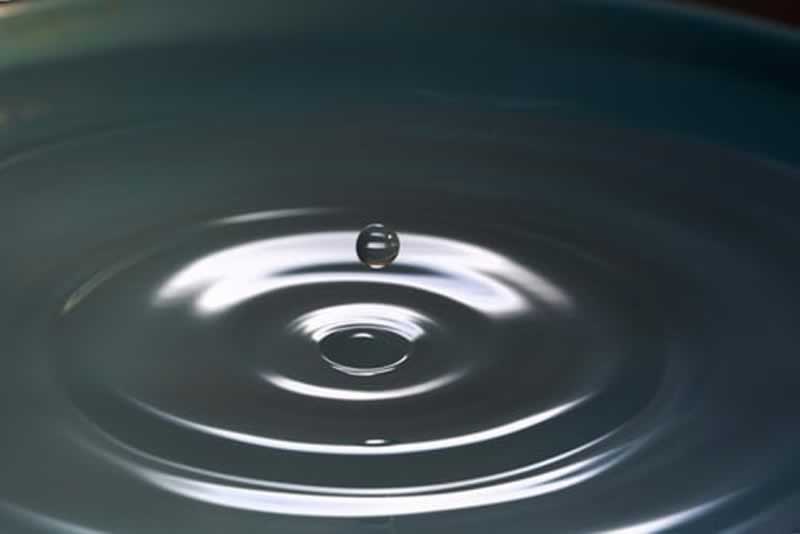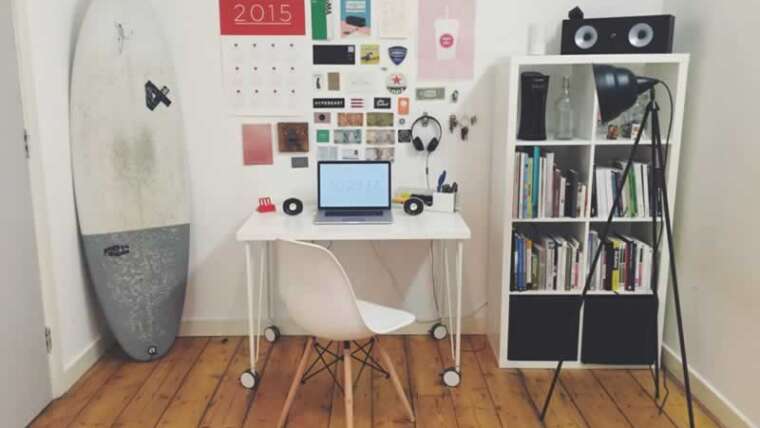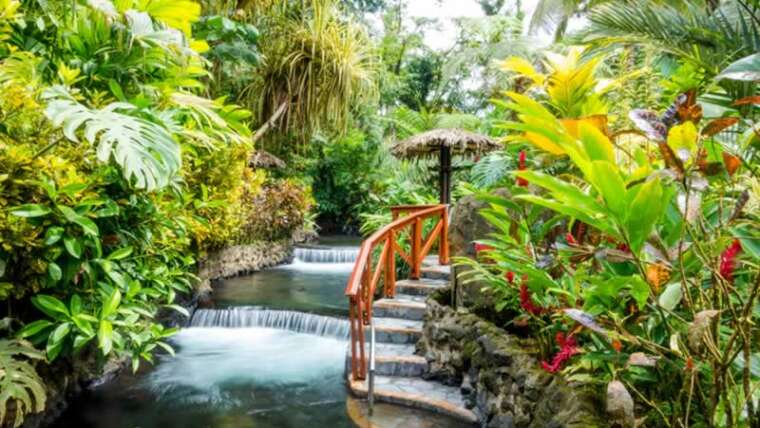Some things in our life are more important and some are less important. Clean, high quality water should definitely be one of our top priorities. However, some people take this problem for granted. Unfortunately, this has become a problem worldwide. Many countries around the world have problems with contaminated water and some of them are not even sure how to deal with it. The fact is that as individuals we cannot control the whole world. However, we can monitor the situation in our home.
Don't just assume your water is clean and potable because you can never be too sure. So if you want to make sure everything is okay and just want to improve the water quality, scroll down to see what you can do about it!
How do you get the water quality?
Keep an Eye on Your Plumbing – Do you have lead pipes in your house? How old are they? If they're too old, maybe you should consider buying brand new products and getting rid of the old ones? Why is that important? That's because lead from pipes can easily contaminate the water, which can lead to serious health problems, from high blood pressure to kidney function and developmental problems in children. Therefore, you shouldn't think twice about this. You might not notice anything negative for now, but keep in mind that long-term exposure to copper can affect both your kidney and liver.
Cleaning Solutions and Eco-Friendly Soaps – This is by far one of the easiest things you can do to keep your water clean. Most local stores in your area are likely stocked with natural soaps as well as various cleaning solutions. Buying any of these things could help you maintain the quality of your water as they do not contain dangerous synthetic chemicals. One of the things that should be avoided at all costs is triclosan. It stands for an antibacterial and antifungal agent found in a wide variety of products such as soaps, surgical cleaning products, toothpaste, and many others.
Don't forget the filter! – One of the best protection when it comes to your water is definitely filtering. If you are not sure how to do it, there are various water filtration guides online that will provide an insight into different filtration systems, etc. Why is that so important?
As mentioned above, filtering will protect you from numerous contaminants entering through the local utility company. When considering this option, it should be mentioned that two alternatives can be used.
- A whole house filter (it contains whole house water softeners, whole house UV water disinfection devices, whole house water filters)
- A point-of-use filter (includes cooling filters in the device, filter jugs, filter systems under the sink and filters mounted on the tap).

What else?
Boil Your Water – If you happen to find something is wrong with your water, that it may have been exposed to something harmful, the best way to boil it is. Why is that a good idea? This is something many communities have been doing for decades, especially when they suspect water pollution. In addition, this process will help you get rid of all of the dangerous elements that are making your water unsafe to use.
Softening – What Does It Really Mean? It refers to removing minerals from the water supply that goes straight into your home. This is something that is not easy to spot if the water doesn't leave a white residue. There are several benefits, including those we can and cannot see. For example, your water smells and tastes better and your water-consuming devices and water pipes are less worn. Plus, those of you who have never showered in soft water will experience something new and amazing. Of course, your skin suddenly becomes silky and cleaner.
Clean the Containers – You could buy the best filtration system and have the cleanest water in the world, but it's all free if your container isn't clean. Once this happens, your water will no longer be potable. It doesn't matter if it's water bottles or household jugs, it matters a lot if they all get cleaned! All you have to do is add a few drops of dish soap to clean water and then pour it into the container. Let this mixture stand for about 30 minutes, then rinse it off with water.
In general, many countries have provided their citizens with water (tap) that is potable. However, in some parts of the world this problem has not yet been resolved. Since none of these alternatives are difficult, be sure to implement them.




